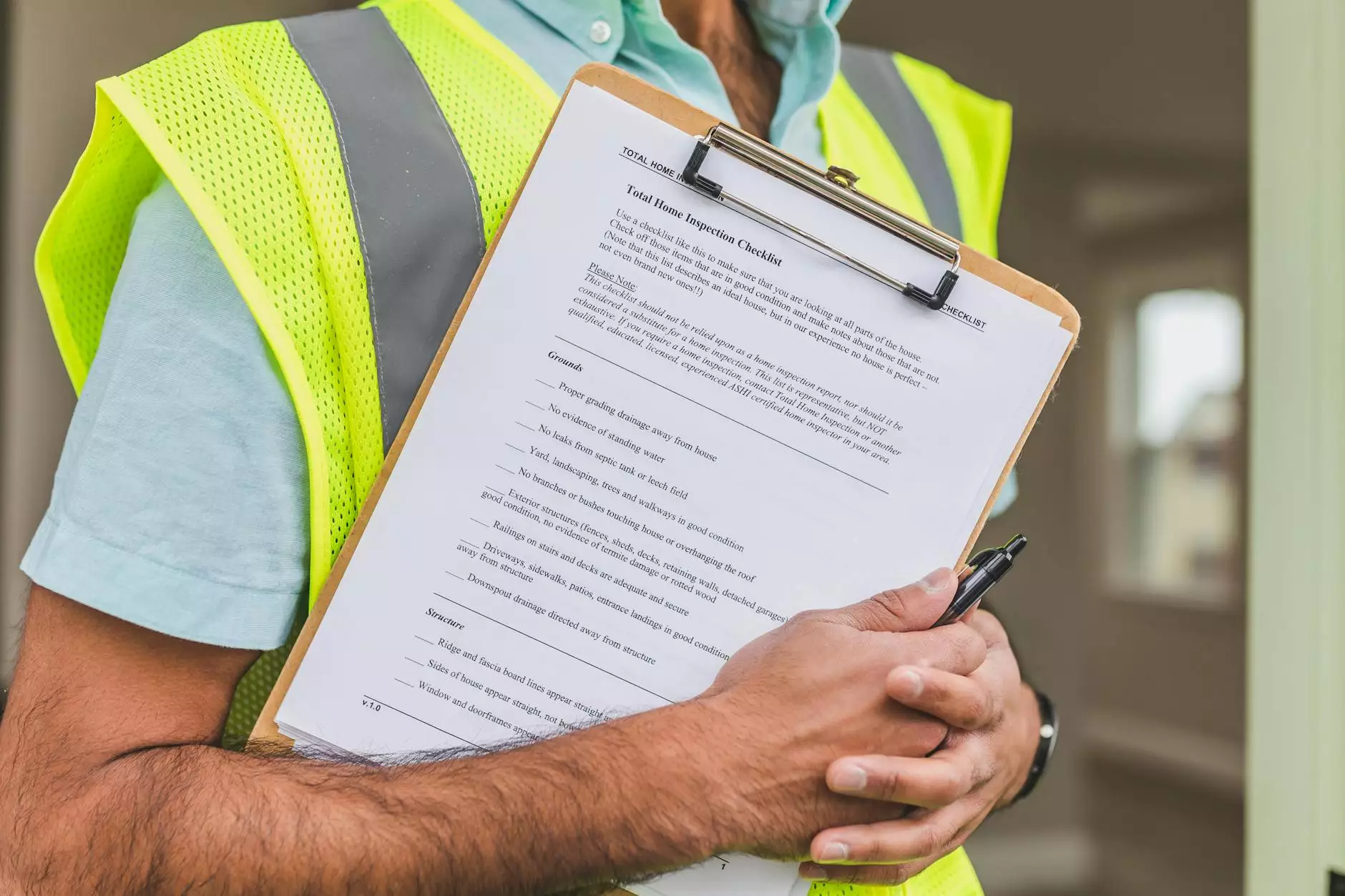Understanding Galvanized Plumbing: History, Tips, and more.
Services Offered
The History of Galvanized Plumbing
In the world of plumbing, understanding the history and evolution of galvanized plumbing systems is key to efficiently managing and maintaining them. Galvanized plumbing refers to a type of pipe that was widely used from the late 1800s until the mid-1900s. It was considered the go-to choice for many residential and commercial constructions.
Galvanized pipes are made of steel coated with a layer of zinc to prevent corrosion. This coating extends the lifespan of the pipes and protects them from rust and other environmental factors. However, over time, galvanized pipes can develop issues such as internal corrosion, clogs, and decreased water flow.
The Importance of Galvanized Pipe Maintenance
Maintenance plays a crucial role in ensuring the longevity and optimal performance of galvanized plumbing systems. Without proper care, these pipes can deteriorate, leading to costly repairs and potential health hazards.
At Nicholas Home Inspection & Consulting, we specialize in providing expert advice and services for maintaining galvanized plumbing systems. Our team understands the unique challenges associated with these pipes and can offer tailored solutions to keep them in top shape.
Common Issues with Galvanized Plumbing
Over time, galvanized pipes can experience several issues that may impact their functionality and efficiency. It's essential to be aware of these common problems to address them promptly:
- Corrosion: The protective zinc coating on galvanized pipes can start to deteriorate, exposing the underlying steel to corrosion. This can lead to leaks, water discoloration, and reduced water pressure.
- Clogs: Internal corrosion and mineral deposits can contribute to the formation of clogs in galvanized pipes. These blockages may disrupt water flow and affect the performance of your plumbing system.
- Rust: If the zinc coating wears off completely, galvanized pipes are susceptible to rust. Rusty pipes not only affect water quality but can also weaken the structural integrity of the plumbing system.
- Threading issues: Galvanized pipes are often joined together using threaded fittings. However, over time, these fittings can deteriorate, resulting in leaks or loose connections.
Tips for Handling Galvanized Plumbing
To ensure the longevity and proper functioning of galvanized plumbing systems, here are some helpful tips:
- Schedule regular inspections: Professional inspections by experts like Nicholas Home Inspection & Consulting can identify potential issues early on and help prevent costly repairs.
- Monitor water quality: Keep an eye on the color, taste, and odor of your water. Discoloration or unusual smells can indicate corrosion or rusting in your galvanized pipes.
- Minimize pipe movement: Galvanized pipes are susceptible to damage from excessive movement or vibration. Ensure they are adequately supported and secured to prevent leaks or cracks.
- Consider replacement: If your galvanized plumbing system is old or experiencing frequent issues, it may be time to consider upgrading to more modern and durable alternatives.
Trust Nicholas Home Inspection & Consulting for Galvanized Plumbing
As industry-leading experts in home inspection and consulting services, Nicholas Home Inspection & Consulting is your go-to partner for all matters related to galvanized plumbing. Our team of professionals is well-versed in the intricacies of galvanized pipes and can offer tailored solutions to address any concerns.
Whether you need routine maintenance, inspections, or guidance on repairs or replacements, our experts are here to assist you. With our extensive knowledge and expertise, we are committed to providing the highest quality service to ensure the longevity and optimal performance of your galvanized plumbing system.




